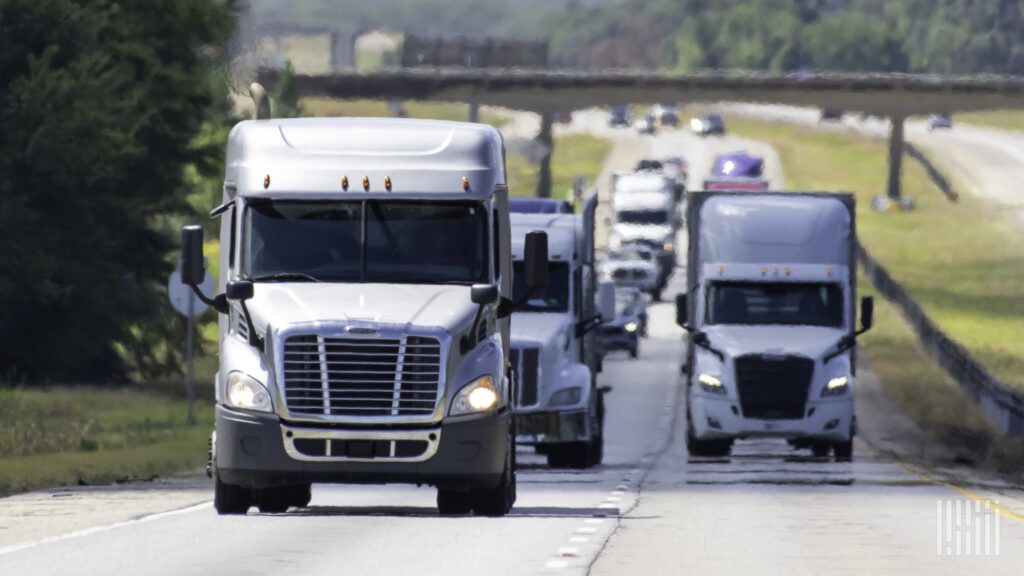WASHINGTON — In response to the U.S. Department of Transportation’s request for comments in April aimed at eliminating burdensome regulations, the trucking industry voiced its concerns.
Out of nearly 900 deregulatory suggestions submitted to DOT, about 30% focused on regulations impacting truck drivers and motor carriers. This effort is part of the department’s implementation of executive orders from President Donald Trump, which are intended to streamline federal processes and reduce operational costs for industries.
A significant number of responses advocated for the removal or alteration of the electronic logging device (ELD) mandate. Critics argued that these devices are costly and rigid, and they may encourage unsafe driving as truckers rush to meet deadlines. Some have proposed that ELDs be made optional or enforced only for drivers with poor safety records.
However, this perspective conflicts with the American Trucking Associations’ stance, which asserts that ELDs have improved roadway safety and are more effective for monitoring driver working hours.
Changes to Hours-of-Service Rules
Several commenters, including representatives from the Owner-Operator Independent Drivers Association, sought revisions to truck driver hours-of-service regulations. Suggestions included:
- Reducing the required 10-hour reset period to eight hours.
- Eliminating or revising the 70-hour workweek rule.
- Allowing more flexibility in sleeper berth splits.
- Reevaluating the 30-minute break requirement.
Emissions and Broker Transparency
Many respondents expressed frustration with emissions regulations and diesel exhaust fluid systems, citing increased costs and doubts about environmental benefits. Additionally, there were calls for increased transparency in broker transactions, with suggestions for regulations to limit broker fees or require disclosure of charges to shippers. However, the ATA and the Transportation Intermediaries Association cautioned that these changes could harm competition and reveal sensitive business information.
Insurance and Safety Scoring Issues
Comments also raised concerns regarding insurance costs and the safety scoring system administered by the Federal Motor Carrier Safety Administration. Some argued that personal driving records should not affect commercial insurance rates, while others proposed reforms related to accident reporting and its effect on safety ratings.
Size, Weight Restrictions, and Other Concerns
Some commenters, especially from specialized sectors like hotshot trucking, requested updates to outdated length restrictions. The Autonomous Vehicle Industry Association called for easing truck-width restrictions to accommodate driverless technology. Additionally, about a third of the submissions urged stricter enforcement of English language proficiency for CDL holders, highlighting safety issues. In response, Trump issued an executive order last month aimed at removing drivers who cannot effectively communicate in English.
Toll and Taxation Complaints
Feedback also included grievances about perceived double taxation via fuel taxes and tolls, particularly in the Northeast. Other topics included privacy concerns regarding ELDs and tracking applications, calls for reforms in the issuance of CDL and MC numbers, and requests for improved financing options for aspiring owner-operators.


